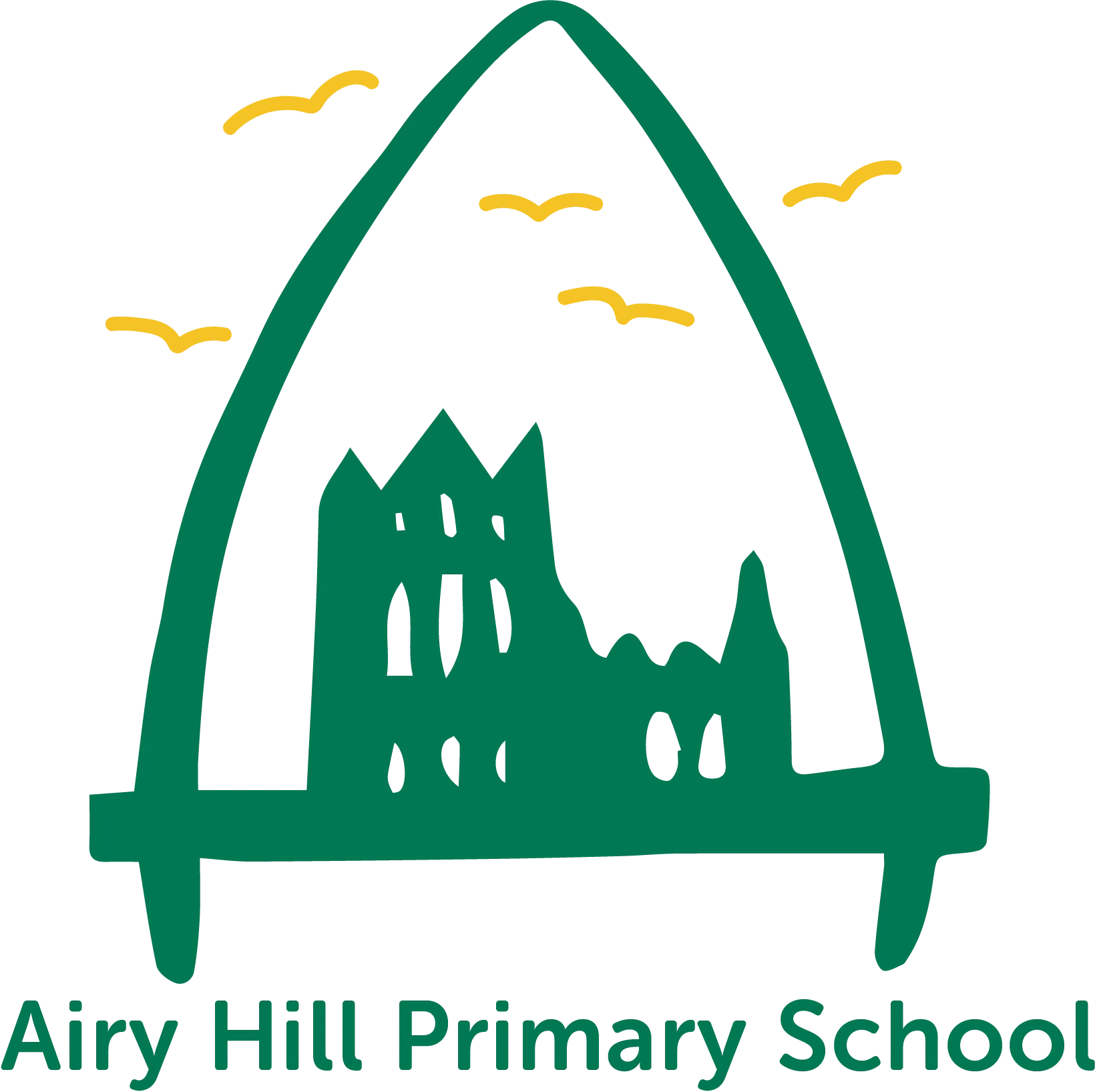Rationale
At Airy Hill, we believe that the study of design and technology equips pupils with the knowledge needed to become innovators, developers and designers. Pupils at Airy Hill are encouraged to use problem solving skills to design and test models to then solve real problems using skills learned in DT. Using design and technology skills, means children can develop a critical understanding of its impact on the world around them.
Aims
At Airy Hill Primary School, we have a bespoke curriculum. In DT teachers use high quality planning objectives from the DT association and use their skills to teach the necessary skills needed to make pupils competent with DT. We follow the design, make, evaluate cycle.
Key Concepts
We focus on the key concepts of: Design; Make and Build; Evaluate; Technical Knowledge and Cooking and Nutrition.
Skills Progression
Our curriculum takes children on their journey from Nursery to Year 6.
Intent
The intent of our DT curriculum is to develop pupil’s skills and knowledge in design, structures, mechanisms, electrical control and a range of materials, including food.
Design and technology at Airy Hill will give the children opportunities to design, make and build, test out their products, evaluate them and critique and test their ideas and the ideas of others. The children will use their skills learned in maths, English, science and art and computing in this subject too.
Our intention is for Design and Technology to be taught in all year groups in school at least one topic per term.
Implementation
At Airy Hill, all pupils are taught Design and Technology through the design process (design, make, evaluate). Children present their work in booklets which shows the design phase, the make and build phase, the evaluation of the project and any remedial works done. The essential knowledge at each stage follows the national curriculum. Our skills-based curriculum, created in conjunction with the DT Association, ensures that pupils have: opportunities to develop the creative, technical and practical expertise needed to perform everyday tasks. The correct materials needed to build and apply their knowledge, understanding and skills to their project and the skills to prepare and cook a variety of foods.
Impact
Our children will be provided with a rich and enjoyable experience of designing, making and critiquing the items they have created. They will be able to apply the skills they have learned to every day situations. The skills they have gained from DT will allow them to problem solve, apply their knowledge to a range of situations in the real world, and will be competent in using basic tools to create their designs and cook food. We measure the impact of our curriculum through the following methods: reflection on standards achieved against outcomes; pupil discussions about their learning, including discussion of their thoughts and ideas. Professional judgements for DT are recorded on our assessment system so impact can be measured.
